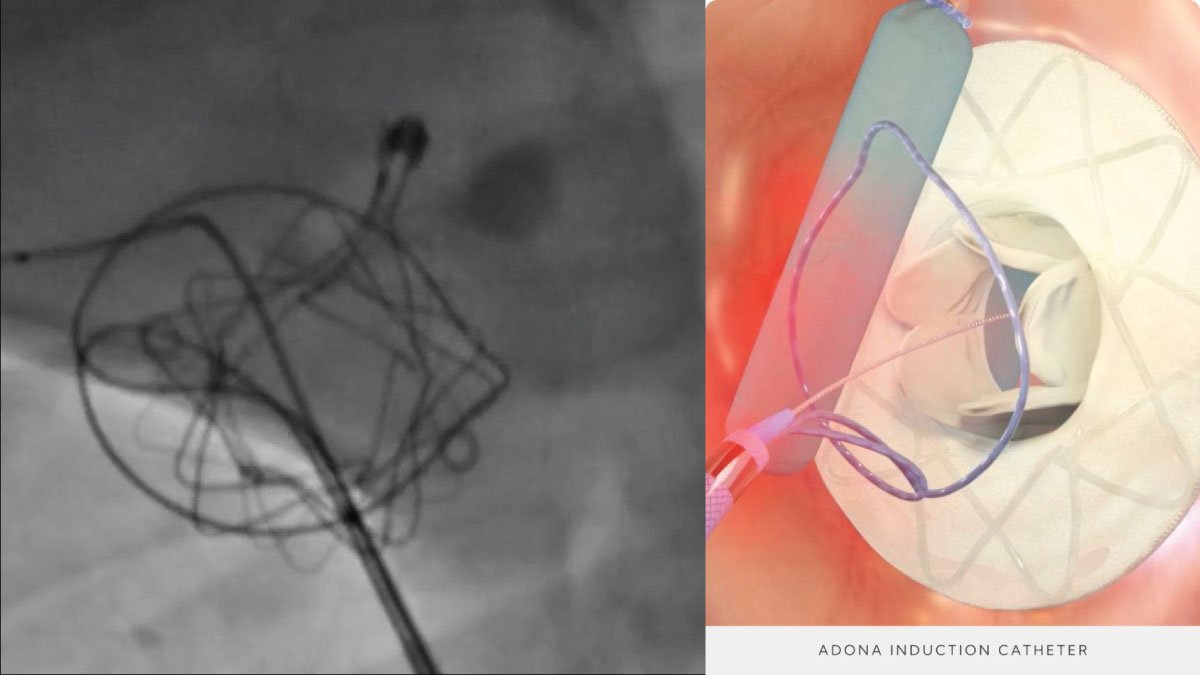AI Blood Test for Parkinson’s Predicts Disease Seven Years Before Symptoms

A groundbreaking research has shown that AI blood test for Parkinson’s can forecast the disease as much as seven years before symptoms start, offering a significant advancement in the early detection and treatment approaches.
Pioneering Parkinson’s Diagnosis with AI
In a major breakthrough for neurodegenerative diseases, scientists have created a blood test enhanced by AI that can forecast Parkinson’s disease long before any symptoms show up. The research, carried out by experts at University College London (UCL), signifies a crucial milestone in utilizing AI for medical diagnostics. Parkinson’s disease, a condition that affects movement and is progressive, often goes unnoticed until it has progressed significantly. However, this new blood test could alter the course of diagnosis and treatment by spotting individuals at risk up to seven years before symptoms appear.
This advancement uses AI algorithms to examine blood samples, identifying certain biomarkers linked to Parkinson’s disease. By training the AI on extensive patient blood sample data, the researchers have refined the technology to identify subtle biological changes that occur before the physical symptoms of Parkinson’s appear. This method of early detection could revolutionize Parkinson’s management, providing patients with a valuable opportunity for early intervention.
Benefits of the AI Blood Test for Parkinson’s
- Early Detection and Intervention: The capability to predict Parkinson’s disease years before symptoms emerge is a major achievement. Early diagnosis means patients can start treatments earlier, potentially slowing the disease’s progression and enhancing their quality of life.
- Customized Treatment Plans: With earlier detection, healthcare providers can customize treatment plans for each patient, allowing for more targeted and effective interventions. This could include changes in lifestyle, medication, or other therapies aimed at reducing the disease’s impact.
- Reduction in Healthcare Costs: Early diagnosis could also lead to a decrease in long-term healthcare expenses. By managing the disease in its early stages, the strain on healthcare systems could be reduced, lowering the need for more intensive treatments later on.
- Non-Invasive Testing: The blood test is less invasive compared to other diagnostic techniques, such as brain scans or spinal fluid tests, making it a more accessible and less burdensome option for patients.
Conclusion
The creation of an AI-enhanced blood test for Parkinson’s disease represents a significant advancement in medical diagnostics. By enabling early detection, this technology offers hope for more effective treatments and improved patient outcomes. As AI technology continues to evolve, we can anticipate further developments that will transform the field of disease diagnosis and management, ushering in a new era of personalized and predictive healthcare.




















